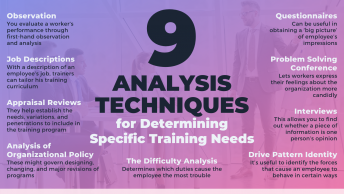Writing an Internet business plan for a website or online business is very similar to how to write a business plan for a traditional small business. An Internet business plan should include all basic business plan elements, and the primary differences between an Internet business plan and a traditional business plan will be in the details. Here are the primary components of an Internet business plan:
1. Executive Summary – Just like with traditional business plans, Internet business plans need an executive summary. The executive summary is usually the first section of an Internet business plan, although it should be the last section written. An executive summary simply serves as an overview or summary of everything else in the Internet business plan, and would include a very general company description, the company/site mission, and a summary of projected financials.
2. Website / Business Summary – The business summary or website summary of an Internet business plan will offer the reader a glimpse of who company is and what they do. It should describe the website or online business in detail, as well as some general information about the market or niche (for example, if running a niche social networking website, it should explain social networking).
Answer the basic questions here of who?, what?, when?, where?, and why? – mention who owns or manages the website or online business, what the site is about or trying to offer, when the site was launched, where the site is located, and why the site or online business was launched in the first place. When updating an Internet business plan beyond the start-up phase, this is also the section of the business plan which should contain past results and developments of the website or online business.
3. Management / Ownership – This section of an Internet business plan should go into greater detail regarding the managers or owners of the website or online business. If creating an Internet business plan simply for personal use, it isn’t required, although it can be beneficial in helping to realize strengths and weaknesses in the niche or industry. If planning to seek outside financing from a bank or investor, include all of the relevant business and industry experience, as well as educational credentials, of each member of the online business’ management team. This information can even be included in full resume form.
4. Marketing Plan – A marketing plan is one of the larger, and most important, sections of any Internet business plan. In it, include a SWOT analysis (your strengths and weaknesses as opposed to your competition, and opportunities and threats that you face in your market), as well as information on primary competitors, based on your market research efforts.
Also outline the demographics of your target market (specifics of who you intend to visit the site or buy products or services online, such as age groups, ethnic and gender groups, marital status, income levels, etc.). Finally, the marketing plan will include a list or calendar detailing planned marketing tactics. The marketing tactic choices will likely be the biggest difference between an Internet business plan and the business plan of a brick and mortar business, as you’ll be more focused on search engine optimization (SEO), link-building, and other Internet marketing tactics.
5. Budget / Financial Projections – No Internet business plan would be complete without at least a basic budget detailing start-up capital and anticipated business expenses. If you plan to pursue financing options, also include financial/profit projections for one to three years, with any supporting information to justify those financial projections to potential investors.
Share your tips and how it helped your business below!













